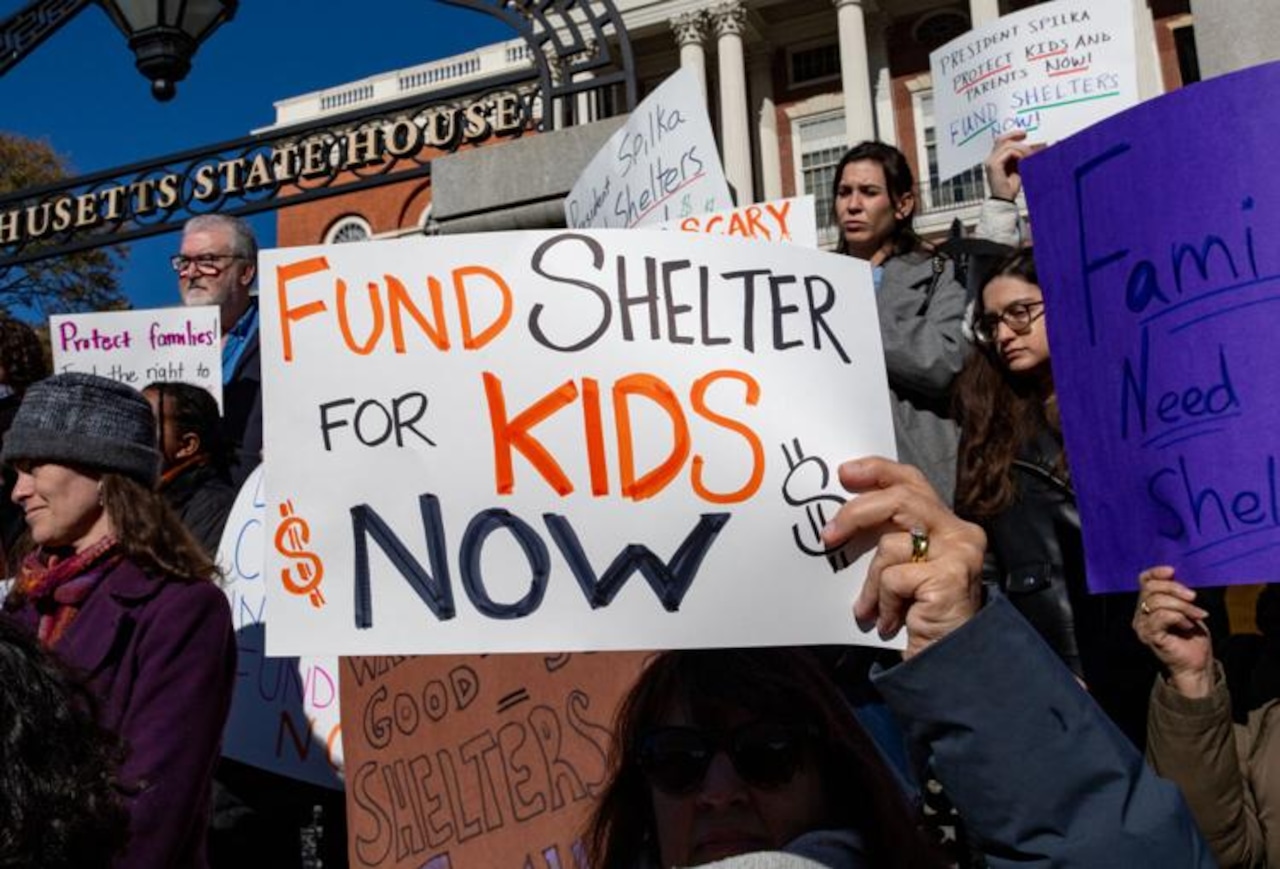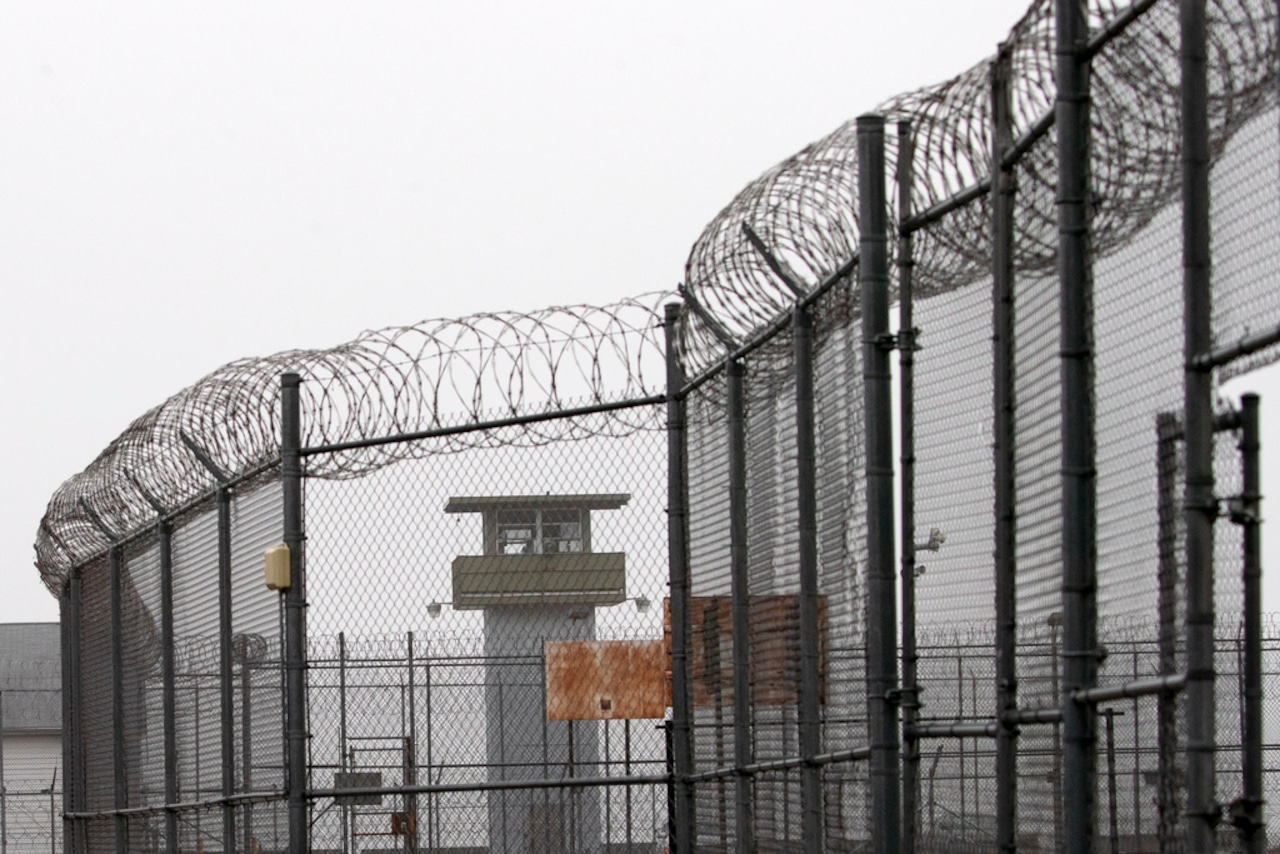
In one Massachusetts hotel being utilized as an emergency shelter, its name and location redacted from state documents, inspectors in October reported evidence of roaches, inoperable windows and missing smoke detectors.
At another hotel, evaluated that same month, inspectors recommended a drain cleaning company come in to address “excessive drain/fruit flies.”
Others were flagged for air quality hazards due to mold and mildew and “infestations” of rodents.
While documents provided to MassLive by the Executive Office of Housing and Livable Communities (EOHLC) describe the unsanitary conditions found at some hotels and motels sheltering houseless migrants and permanent Massachusetts residents, they also revealed something else.
Though contract language allowed for the Executive Office of Housing and Livable Communities to inspect hotels, it rarely did so.
Since September 2022, the state has contracted with 128 hotels at varying points to serve as shelter sites for unhoused families with no place to stay, a requirement resulting from its “right to shelter” law.
Records requested by MassLive show state inspectors inspected just about 20 of those hotels. Hotel names and locations were blacked out in the records provided.
“These hotels are private businesses that are licensed and inspected by local governments,” a EOHLC spokesperson said in a statement. “Although the state is not the authority that inspects and licenses these hotels, we do reserve the right to visit and examine hotel rooms in response to complaints from families in our shelter system. When we identify issues, we work with the property owner to try to resolve them.”
Following multiple complaints from families living in the hotels, most of which have been utilized for less than year so far, the office plans to inspect every hotel used to house a family via an in-house agency inspection team, and to inspect them periodically and annually going forward.
Many families staying there would otherwise be sleeping on the floor of Logan Airport.
In March, a 30-year-old Haitian man named Roldy told MassLive he heard that migrants typically spend about two weeks sleeping at the airport before they are admitted into the state’s overflow shelter sites.
Many of them don’t speak English and require translation services. Massport workers typically lead them into taxi cabs outside the terminals, taking them to family welcome centers set up throughout the state by Gov. Maura Healey’s administration.
“We have nothing,” Roldy said in Spanish about his family of three. “At the moment, I don’t even have a dollar.”
When initially placing families in hotels, the state relied on local hotel licensing processes for inspection of hotel conditions. Typically, hotels are inspected yearly by local building departments, while boards of health must ensure sanitary conditions adhere to state law.
But state records show those processes proved to be ineffective in some cases. MassLive was unable to identify where because of the redacted nature of the documents.
When inspection requests are made, the state receives them through its constituent service team, its service provider partners, and the National Guard and regional response teams that staff and oversee a fraction of the hotel shelter sites.
When a health and safety violation was identified in a hotel, state officials usually gave a 24-hour deadline to see it fixed, records show. In one instance, in January 2023, it gave a hotel two months to address the issues, which included mold spores, gnats, mice and bed bugs.
But it’s unclear what follow-through took place to make sure violations were taken care of.
In March, the city of Taunton took matters into its own hands and sued the Clarion Hotel for overcrowding for housing around 450 people — 100 more than the 350 allowed under building occupancy limits. In its lawsuit, the city seeks more than $100,000 in unpaid overdue fines from its only hotel that entered into a nine-year shelter contract with the state.
The Taunton Gazette reported in March that the 155-room Clarion Hotel has since complied with the building code and submitted the required documentation to raise occupancy limits.
As of Thursday, 7,435 families were residing in the state’s emergency shelter of system. Almost exactly half — 3,777 families — are in hotels and motels as opposed to traditional shelter sites.
The EOHLC spokesperson said the state has taken “extensive efforts’ to consolidate down to fewer hotel sites.
MassLive reporters Luis Fieldman and Irene Rotondo contributed to this story.






